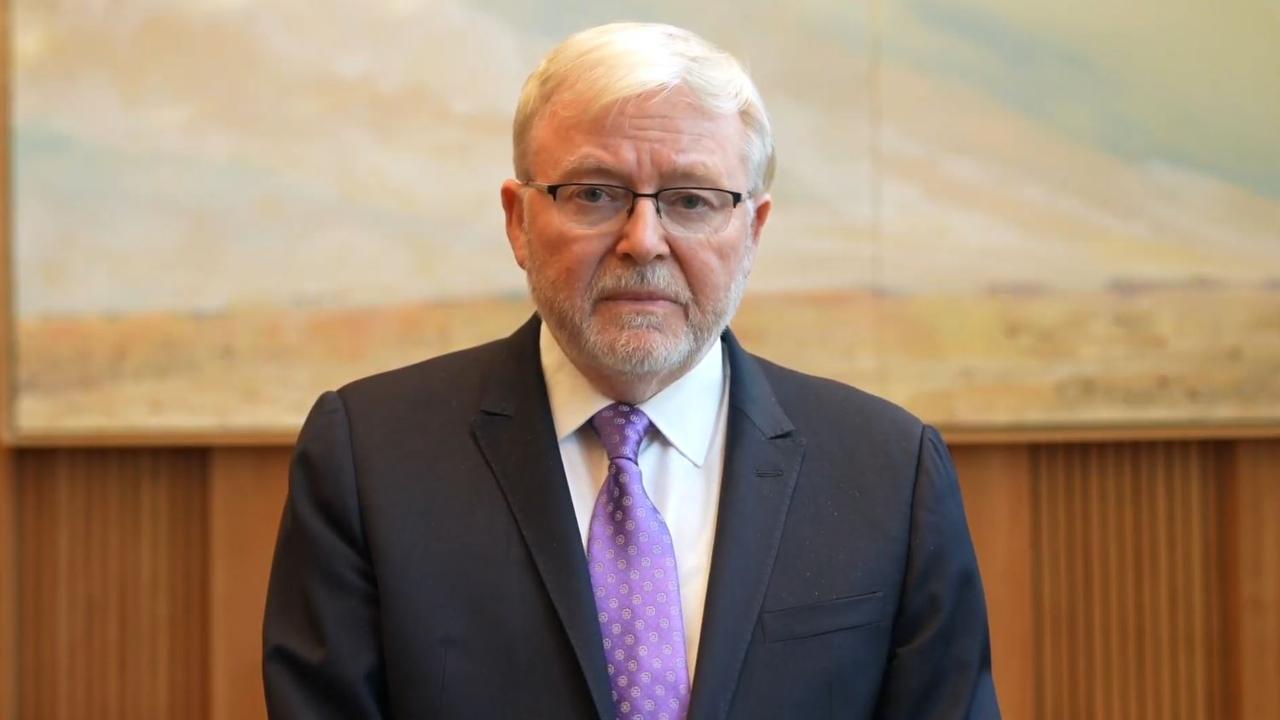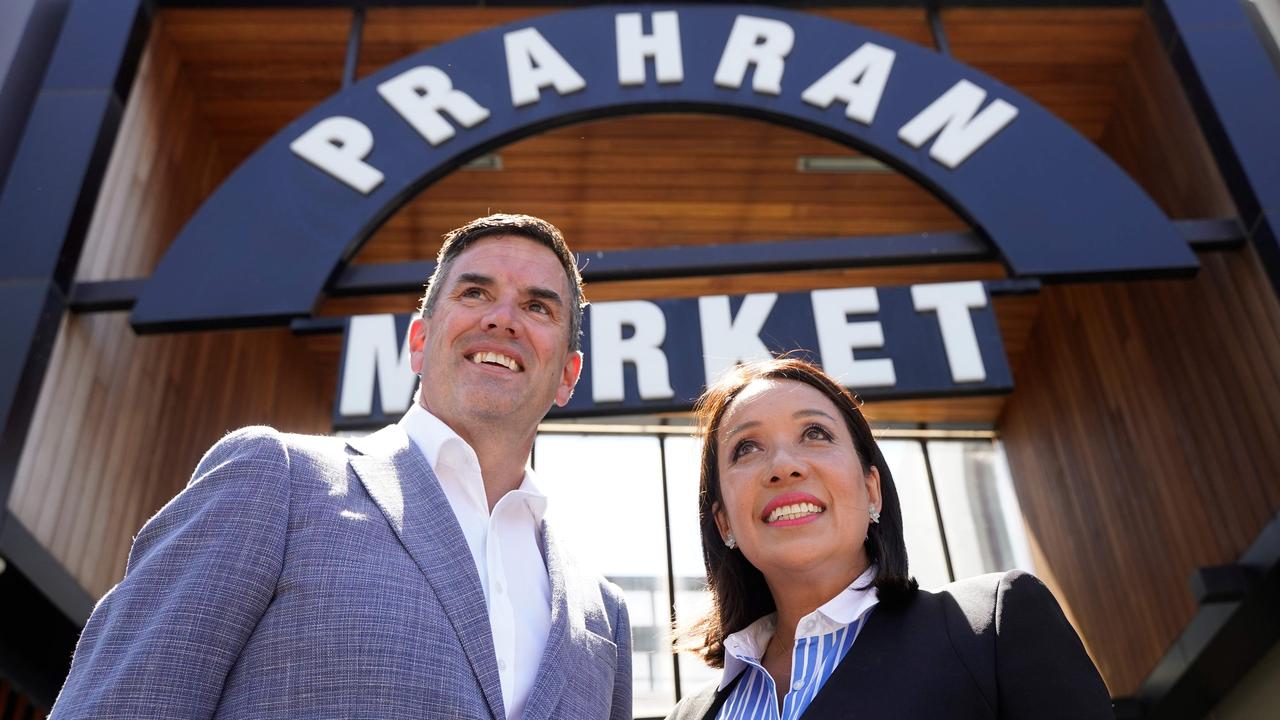MasterChef judge Jock Zonfrillo in a stew over bush food charity the Orana Foundation
A charity run by the show’s host produces an empty plate 4 years after taking government funds to promote native food.
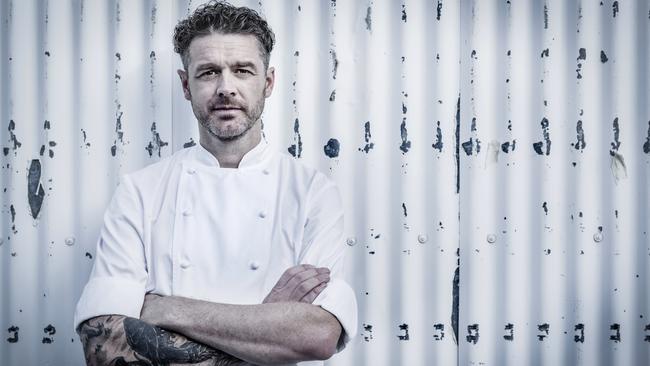
It was 2016, and Jock Zonfrillo had just cracked the big time.
His Adelaide restaurant, Orana, was one of the country’s 10 best. The business was expanding. And the South Australian government had handed his charity — the Orana Foundation — $1.25m for a “comprehensive native food database” and cultivation projects.
Four years later, Zonfrillo fronts Network Ten’s MasterChef blockbuster. And Orana has climbed to fourth on the Gourmet Traveller list of best-rated restaurants.
But there’s still no sign of the Orana Foundation’s database.
The charity has, however, paid out almost $500,000 over that time to companies associated with Zonfrillo and his wife, Lauren Fried. Separately, more than $336,000 has been paid in salaries to Orana Foundation’s key managers.
The charity’s only full-time employee for much of its life was its executive director, former Sydney Opera House chief Norman Gillespie.
The biggest recipient has been Zonfrillo Consulting, owned by Zonfrillo, which has been paid $381,669 since 2016, according to the Orana Foundation’s financial reports. Those transactions, the reports note, were entered into “on normal commercial terms and conditions no more favourable than those available to other parties”.
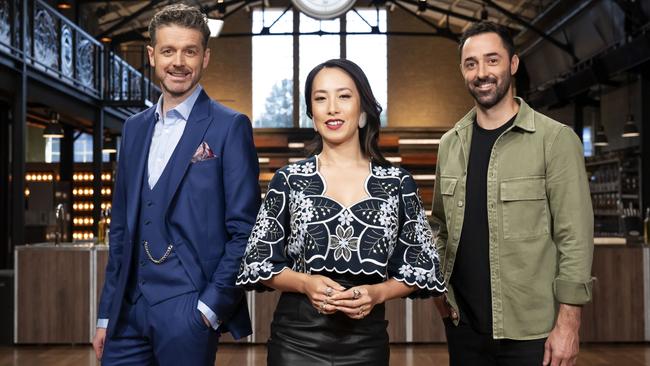
Another $8021 has been paid to Pulse Collective, a public relations company owned by Fried, a panellist on the ABC’s Gruen program. The Living Room Bar, the corporate vehicle that owns the Orana restaurant, has received $101,676, according to the financial reports.
Zonfrillo has long been passionate about native foods. Orana, currently closed because of the pandemic, has dozens of ingredients from Kakadu plums to green ants on its menu.
“One of the fundamental lessons I’ve learned from working with indigenous communities is to give back more than you take,” Zonfrillo told The Financial Review in July last year.
That interview noted the native foods database was scheduled to “go live” later that year.
Zonfrillo, however, told The Australian on Sunday that the Orana Foundation became embroiled in a nine-month fight with the University of Adelaide, its project partner, over the database, which he says is complete but unreleased.
He says it ended in a recent dispute that had cost $50,000 in legal fees to get back control of the database. “For me personally, it was a very difficult time because we’d set out to do this for all the right reasons, for indigenous people and the preservation of their knowledge,” he said. “Whoever it was at Adelaide University who decided to backflip, obviously I wasn’t going to have that.”
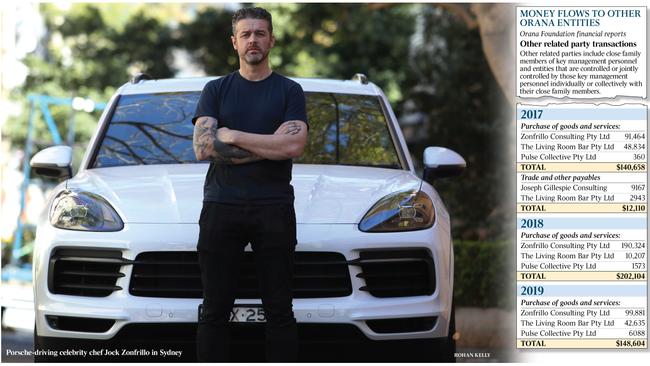
Zonfrillo says Adelaide University was paid $500,000 for its work. Adelaide University refused to answer questions about the partnership with Orana Foundation, saying only that it had completed work on the database and handed it over to the charity.
Zonfrillo, currently starring in Network Ten’s revamped MasterChef Australia cooking show — as one of three judges to replaces Gary Mehigan, George Calombaris and Matt Preston — says the database cannot be made public until intellectual property issues and problems of access to sensitive cultural knowledge are resolved.
“The intention was that it would be put in the hands of an indigenous enterprise. That’s what we think should happen because a white enterprise holding indigenous information is not a great look.”
He says other requirements of the grant will be acted on after the database is made accessible.
The Department of Primary Industries and Regions, which oversaw the grant, told The Australian late on Sunday that the project completion date was September 30.
“Since the project commenced in mid-2017, the Orana Foundation has provided regular milestone reports to Primary Industries and Regions SA as required by the deed, along with other updates in relation to the project,” the department said in a statement.
Zonfrillo, Fried and Gillespie are now the only three directors on the Orana Foundation board after the departure of Jo Willmot, a Wakka Wakka woman, two weeks ago.
Gillespie, meanwhile, said part of his fee for work with the Orana Foundation was paid out of a $200,000 donation from an overseas donor “as a subsidy for my fees”. He said the government agreement, made during the Weatherill government, had included $100,000 to be paid to Zonfrillo to compensate him for the cost of work already done, prior to receiving the grant, in indigenous remote communities.
And, he said, the charity paid administration fees to Zonfrillo’s restaurant for administration, bookkeeping and compliance work carried out by staff members.

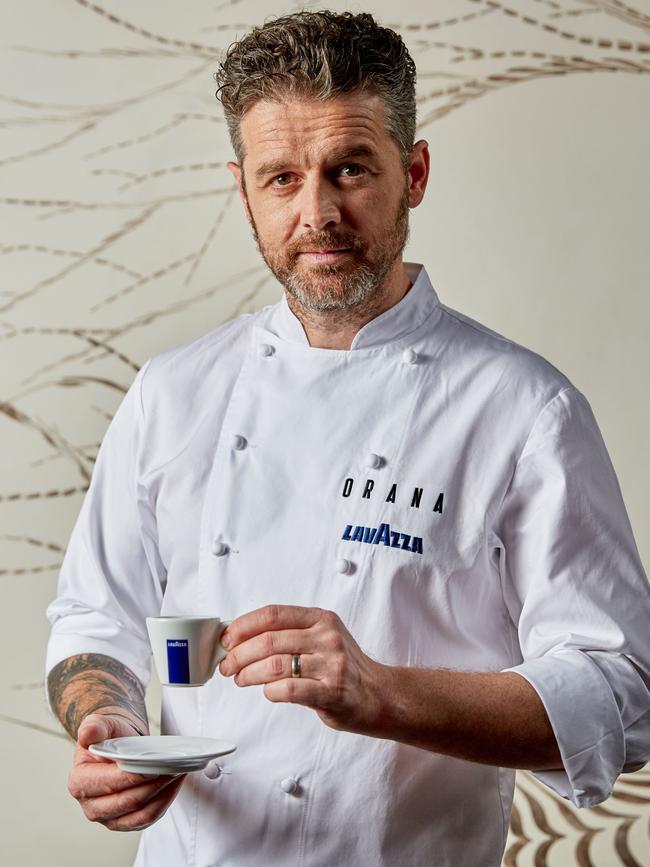
The Orana Foundation has, in the past, tried to form an indigenous governance panel to give advice on cultural issues surrounding the database.
According to two attendees who spoke on condition of anonymity because of Zonfrillo’s stature in Adelaide, the Orana Foundation organised a meeting of five indigenous representatives in early 2018. All later withdrew from the project.
One attendee said she had been initially impressed by the potential to grow a bush food industry that would create indigenous jobs. “But they weren’t going about it the right way, it seemed like a brand exercise and no jobs for Aboriginal people at the end,” she said. Gillespie, on the other hand, simply said the panel “was not a successful mechanism”.
The Orana Foundation has had some successes. One of its completed activities is a community packing shed on the Dampier Peninsula in Western Australia, used as a “harvesting enterprise hub” for collecting and storing bush foods.
But that project, according to Zonfrillo, was largely paid for out of €100,000 in prize money won by the chef at the Basque Culinary World Prize in 2018 for his service to promoting indigenous culinary heritage.
He said 100 per cent of the money would go to funding the production of native foods in indigenous communities, citing plans to assist a Kimberley prawn-freezing business.
As for the database? Gillespie says the foundation has a memorandum of understanding with the South Australian Research and Development Institute, which will develop the database base “for the next big thing in food, something the university couldn’t do”.
He says the database hasn’t yet been handed over to the institute because the foundation wanted an indigenous intellectual property lawyer to vet the database.
“I can understand there being a bit of angst around this,” he said.




